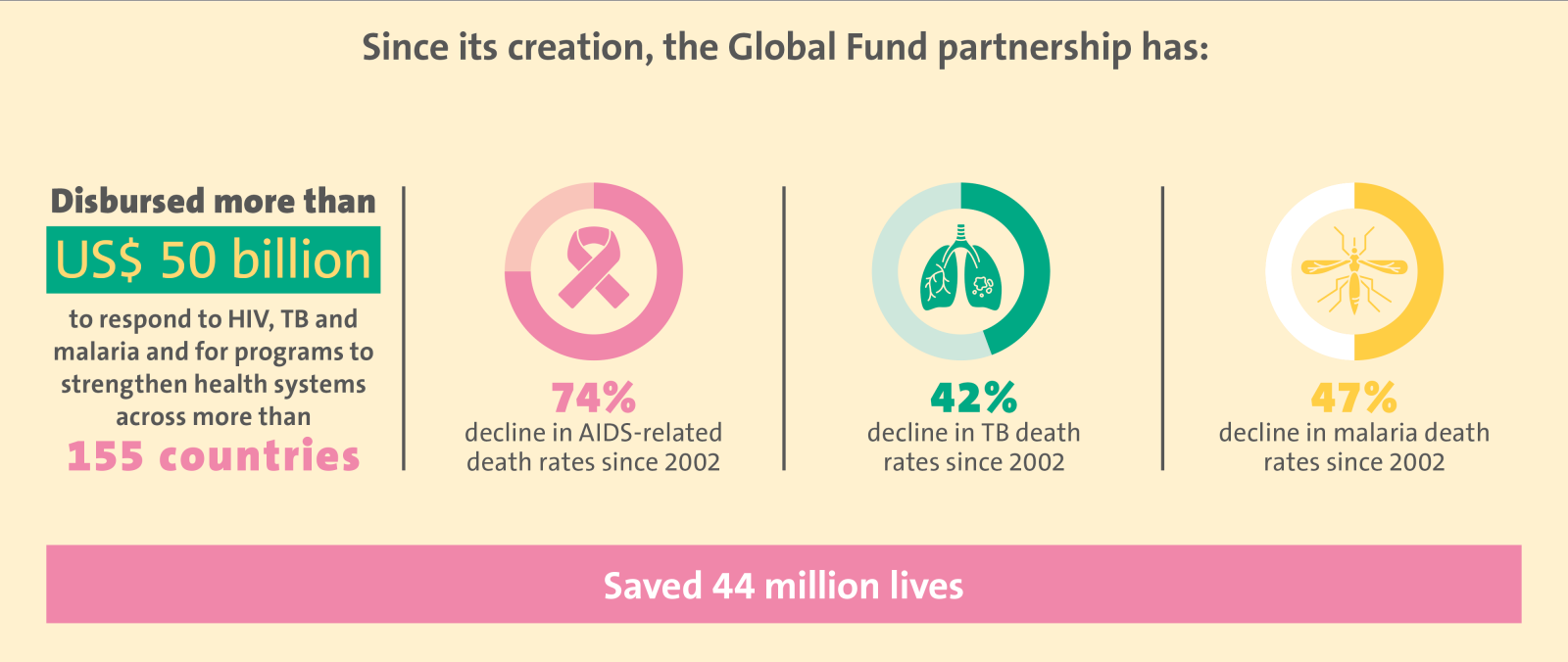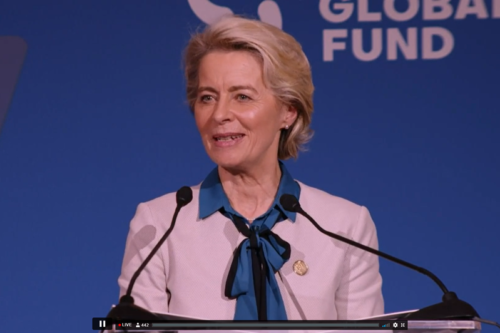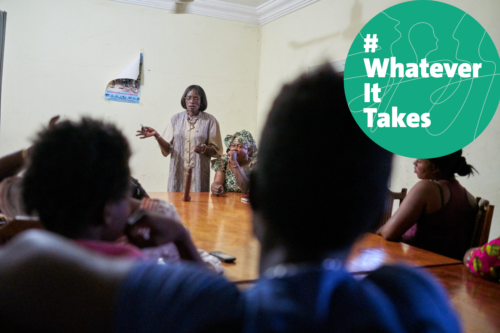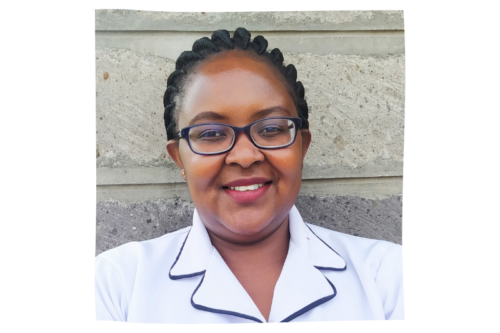Press release
The EU confirms its leadership in the fight against pandemics
21 September 2022
Alongside Aidsfonds and Friends of the Global Funds, Global Health Advocates collaborate to end HIV, TB and malaria by 2030. They work together on the #WhateverItTakes campaign that strives for a successful Global Fund replenishment in 2022 through a robust pledge by the European Commission.







